The Netherlands was not always a rich and prosperous country. Around the year 1800, at the beginning of the 19th century, over 200 years ago, there was great hunger and poverty in the Netherlands. Especially in the big cities, there was little or no work, families were large and people did not earn enough to pay for daily life. In those days there were many beggars, children did not go to school, there were many health problems, the houses were poor and unhealthy, there was great poverty and a hopeless existence was the future for many.
The Society of Benevolence, precursors of a welfare state
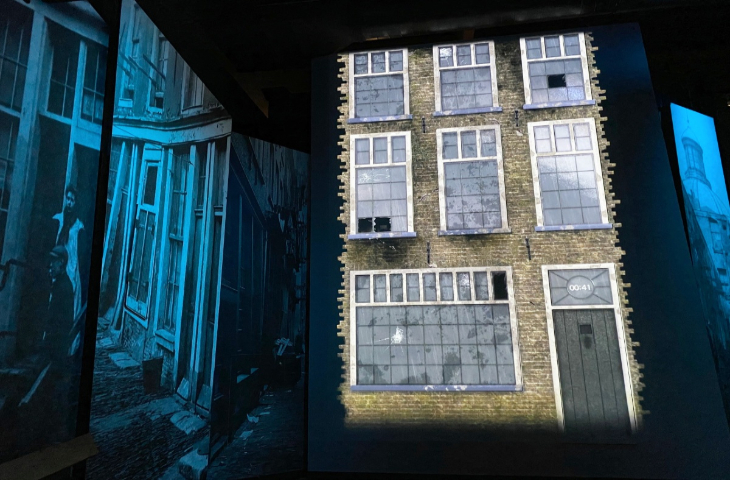
The Netherlands, part of the French Empire
The 19th century was a turbulent time, a lot was going on, including revolutions and war. The Netherlands was divided into Northern and Southern Netherlands and both were dominated by France from 1804 to 1813. Napoleon, ruler of the Netherlands introduces the Civil Registry in 1811. Every Dutch person had to register and adopt a surname, birth, marriage, and death were registered.
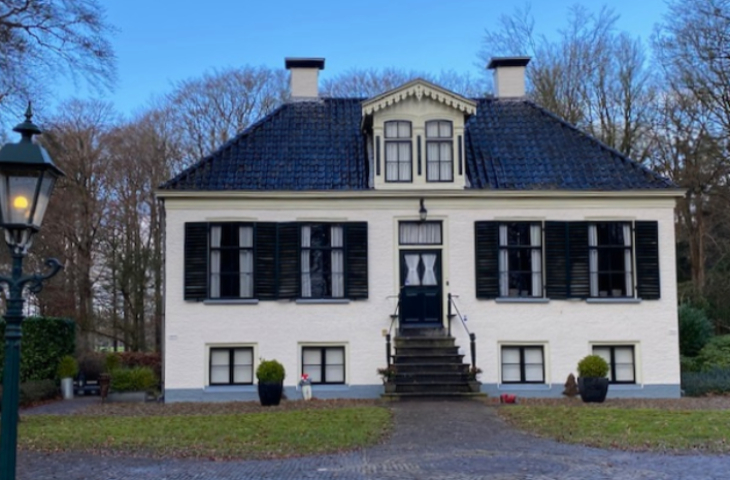
The Netherlands Kingdom of the Poor
After Napoleon was defeated and France troops were driven out of the Netherlands, the country was left stripped, shabby, and poor. There was no work and there was great poverty among the civilian population. During the reign of Napoleon, he already called the Netherlands the royal house of the poor.
King Willem 1, the first King of the Netherlands
In 1815, Willem Frederik Prince of Orange-Nassau, also known as Willem I, was proclaimed the 1st King of the Netherlands. Under the reign of King Willem I, trade and industry are promoted and canals are built and the country regains its strength.
From Amsterdam to the countryside in the Northeast of The Netherlands
As an ambitious social experiment initiated by Johannes van den Bosch the “Koloniën van Weldadigheid” was started in Frederiksoord. Poor people from the big cities could, under certain conditions, emigrate to the countryside to build a better life for themselves. Life in the countryside was hard and difficult for these city people, and the regime of the Koloniën was very strict and severely punished for violations. On the other hand, these families were helped with a house, household goods, clothing, tools, sowing material, and education. All transactions of sale and purchase of products went through the Koloniën van Weldadigheid.
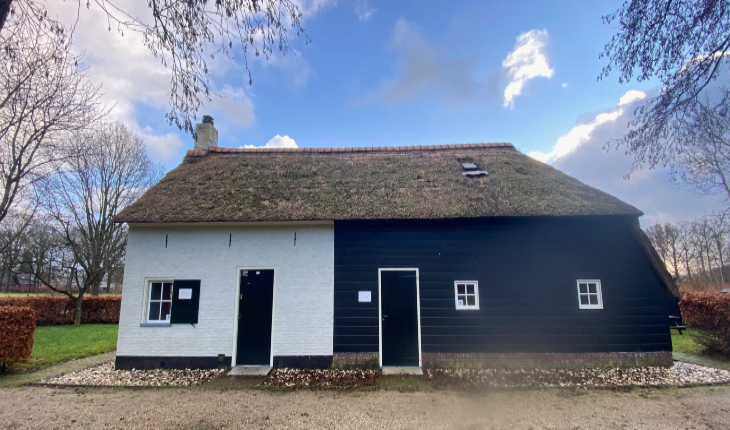
Frederiksoord, a small village in the North of the Netherlands
The “Koloniën van Weldadigheid” was an ambitious social experiment initiated by Johannes van den Bosch, aimed at tackling poverty and providing support to the poor and underprivileged. The concept was to establish agricultural colonies where the poor could live and work, receiving education, training, and support to improve their lives. Frederiksoord was one of these colonies, along with Wilhelminaoord and Willemsoord.
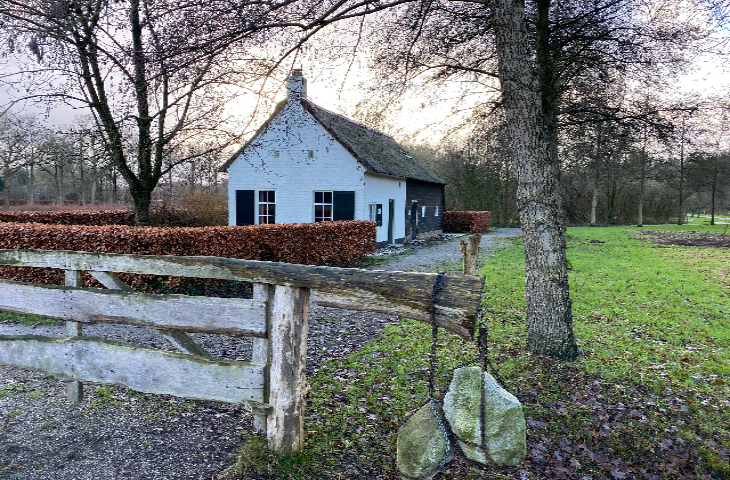
Frederiksoord is a historic village located in the province of Drenthe in the Netherlands. It was established in the early 19th century as one of the three villages that constituted the “Koloniën van Weldadigheid” (Colonies of Benevolence) project.
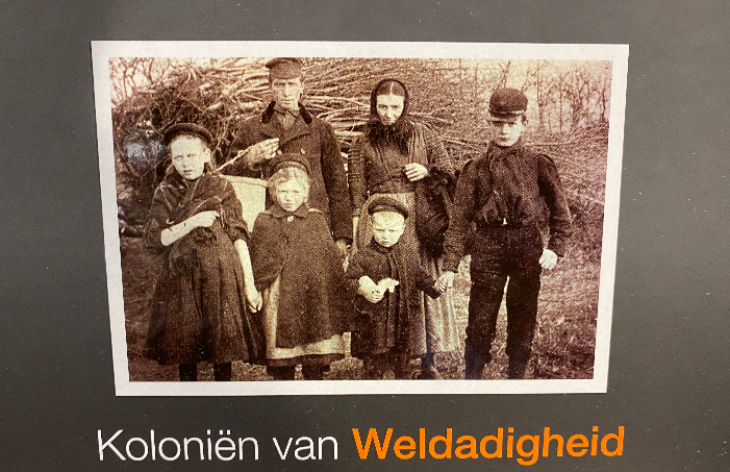
The Society of Benevolence, or Maatschappij van Weldadigheid, was the organization responsible for overseeing and implementing these colonies. It was founded by Johannes van den Bosch under the patronage of King William I of the Netherlands.
The villages and the concept of the colonies were based on principles of self-sufficiency and agriculture. The inhabitants were expected to work the land and participate in various trades to support themselves and the colony.
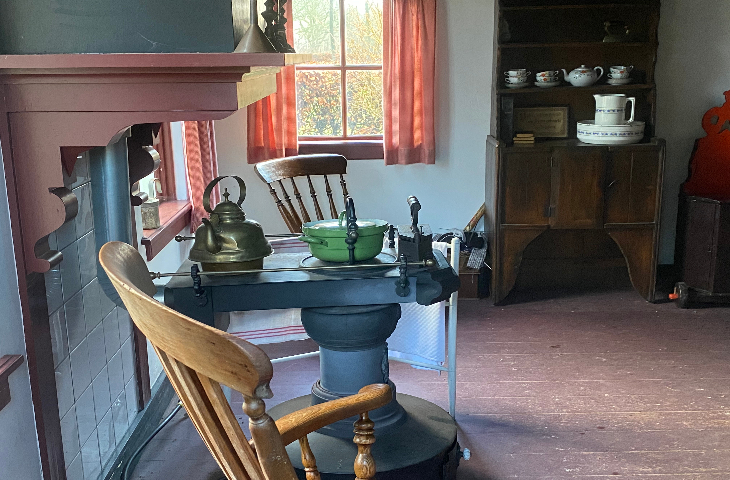
UNESCO, museum Society of Benevolence
At the village, Frederiksoord is a very nice museum dedicated to the history of these colonies. This museum gives a significant image of the colonies, the lives of the people who lived there, and the social impact of this unique experiment. It could also delve into the broader context of poverty alleviation and social welfare initiatives in the Netherlands.
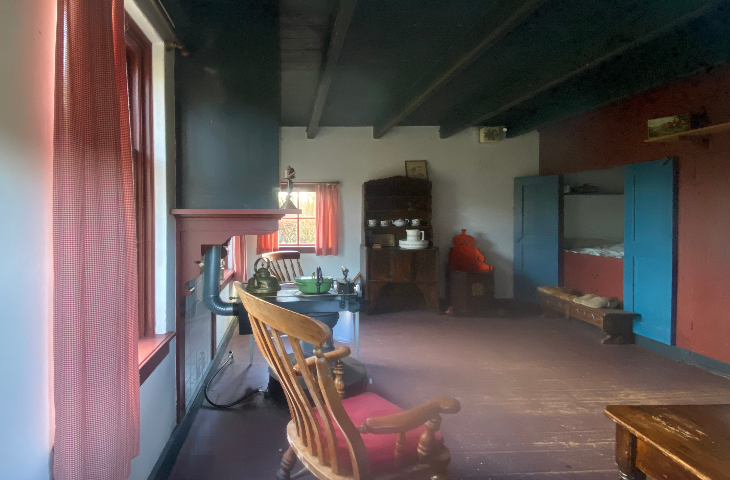
Frederiksoord is located in a beautiful area, it is surrounded by 3 National Parks. It is great to explore the area by foot or bicycle. All 3 National Parks, The Drents-Friese Wold, the Dwingelderveld, and the Weerribben-Wieden are incredibly beautiful and special, all 3 are free to visit.
Museum De Proefkolonie
Address: Majoor van Swietenlaan 1A, 8382 CE Frederiksoord
➔ Museum de Proefkolonie, Museum Trail Colonies, Society of Benevolence
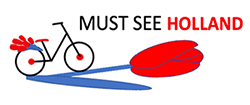
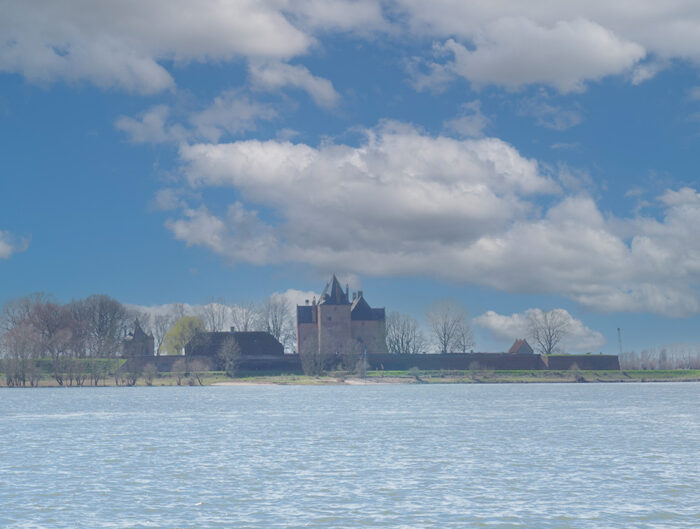

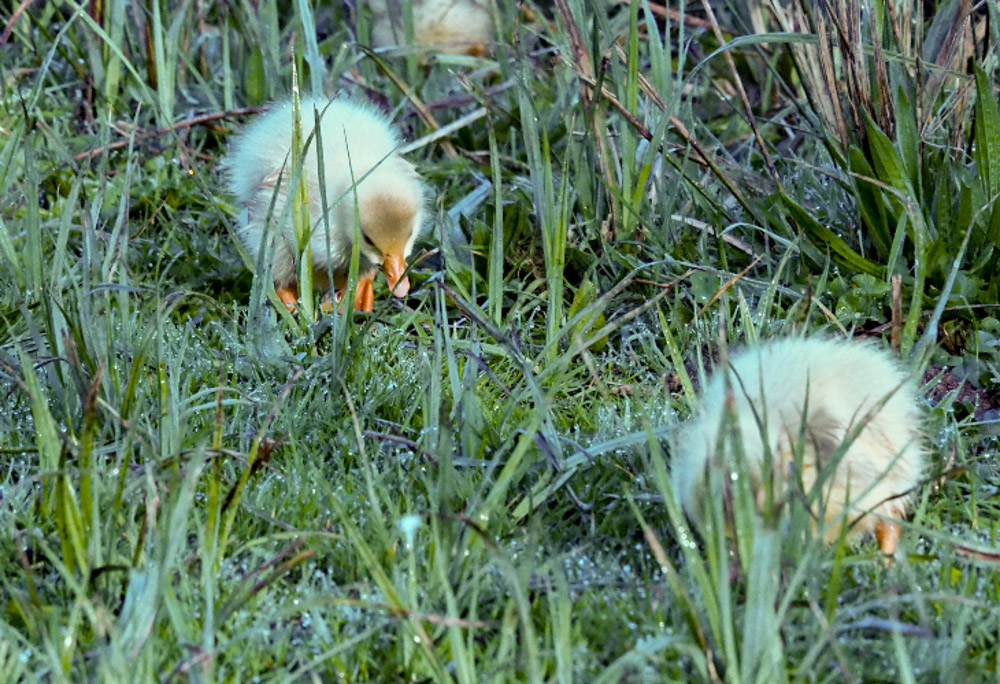



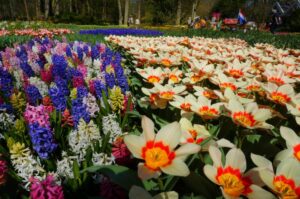
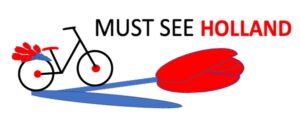
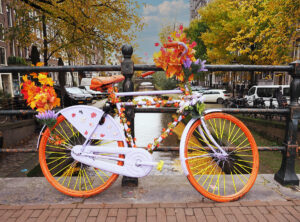

Leave A Reply